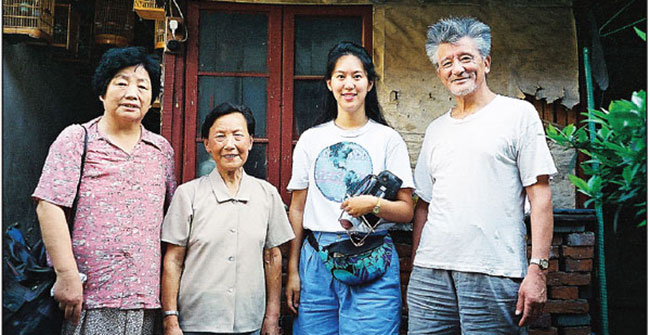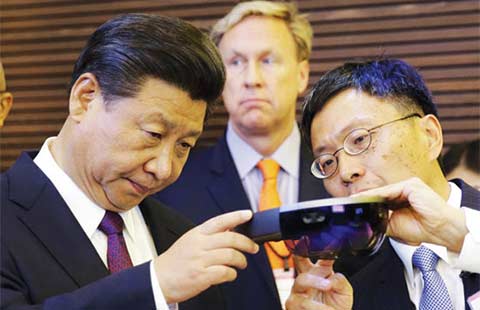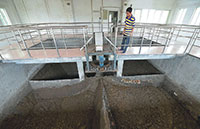More than 60 ministerial officials punished
(Xinhua) Updated: 2012-07-27 07:03BEIJING - More than 60 officials at the ministerial and provincial levels were punished for discipline violation since the Party's last national congress.
These high-level officials were among 600,000 people who faced punishment for violating Party and government disciplines since the 17th National Congress of Communist Party of China (CPC) held in 2007, according to a statement from the CPC Central Commission for Discipline Inspection (CCDI) on Thursday.
Among them, more than 200,000 were transferred to prosecutors for involvement in legal infringements, the CCDI statement said.
One of the cases was the country's former railway minister, Liu Zhijun, who was expelled from the CPC after being investigated for corruption in May. His case has been handed over to judicial departments.
Early this month, Liu Zhuozhi, former vice chairman of north China's Inner Mongolia autonomous region government was convicted of taking bribes and sentenced to life imprisonment.
Jiang Hui, research fellow with the Chinese Academy of Social Sciences, told Xinhua that the country's leadership has placed the anti-corruption task at a high position in its governance over the past 10 years.
In a keynote speech last July, President Hu Jintao warned that corruption was one of the growing dangers that confronts the Party and it has become more important and urgent for the Party to police itself and impose strict discipline on its members.
In Hu's latest speech on Monday, he again listed fighting corruption unswervingly as one of the efforts that must be continued to promote Party building.
The CPC started large-scale efforts to curb corruption among Party and government officials about two decades ago and, in the past decade, efforts have been stepped, said Li Xueqin, head of the CCDI's research division.
CCDI launched several special campaigns targeting outstanding problems, such as excessive overseas travel funded by government, bribery in contracting of construction projects, securities and assets that should but fail to be listed in accounts, Li said.
By 2011, the CCDI investigated about 21,000 graft cases after inspecting more than 425,000 government-funded construction projects across the country, and exposed more than 60,000 "small coffers" leading to punishment on more than 10,000 officials.
The Party also responded fast to cases drawing severe public complaints, such as those related to workplace safety, food safety and pollution incidents, Li said.
Over the past five years, more than 700 officials were punished for being responsible for workplace accidents.
Great efforts have been made in improving the systems to prevent corruption and restrict the power of officials, Li said.
Over the past decade, discipline inspection agencies have initiated supervision and inspection on related departments and officials once the major government action started, he said.
Citing the Beijing Olympic Games and Shanghai Expo as examples, he said inspectors were sent to supervise the preparation of the events from the beginning.
"Checking departments and officials in charge of major projects has become a regular form of supervision," Li said. "Such precaution measures have proven more effective than handing down punishments when damages have been done."
Also, the country founded its first national corruption prevention bureau in 2007 to reform the supervision system on officials and develop new anti-corruption policies.
A string of policies to improve government transparency, curb the misuse of power and police the behaviors of senior officials have been issued over the past few years.
"The battle against corruption will be tough and tedious but, with persistent efforts, the future will be bright," Li said.
- Civil aviation to add 200 more international routes in 2016
- More than money: Employees in China demand cleaner office air
- Shanghai's population growth expected to plateau
- Disposal of construction debris growing problem in urban areas
- Xi stresses correct implementation of 'One country, Two systems' in HK
- Bottled air breeds hot air in smoggy China
- Bid to change family planning law stirs debate
- Blacklist to record bad behavior by tourists
- HK, Macao play key roles, Li says
- China takes on mediation role







